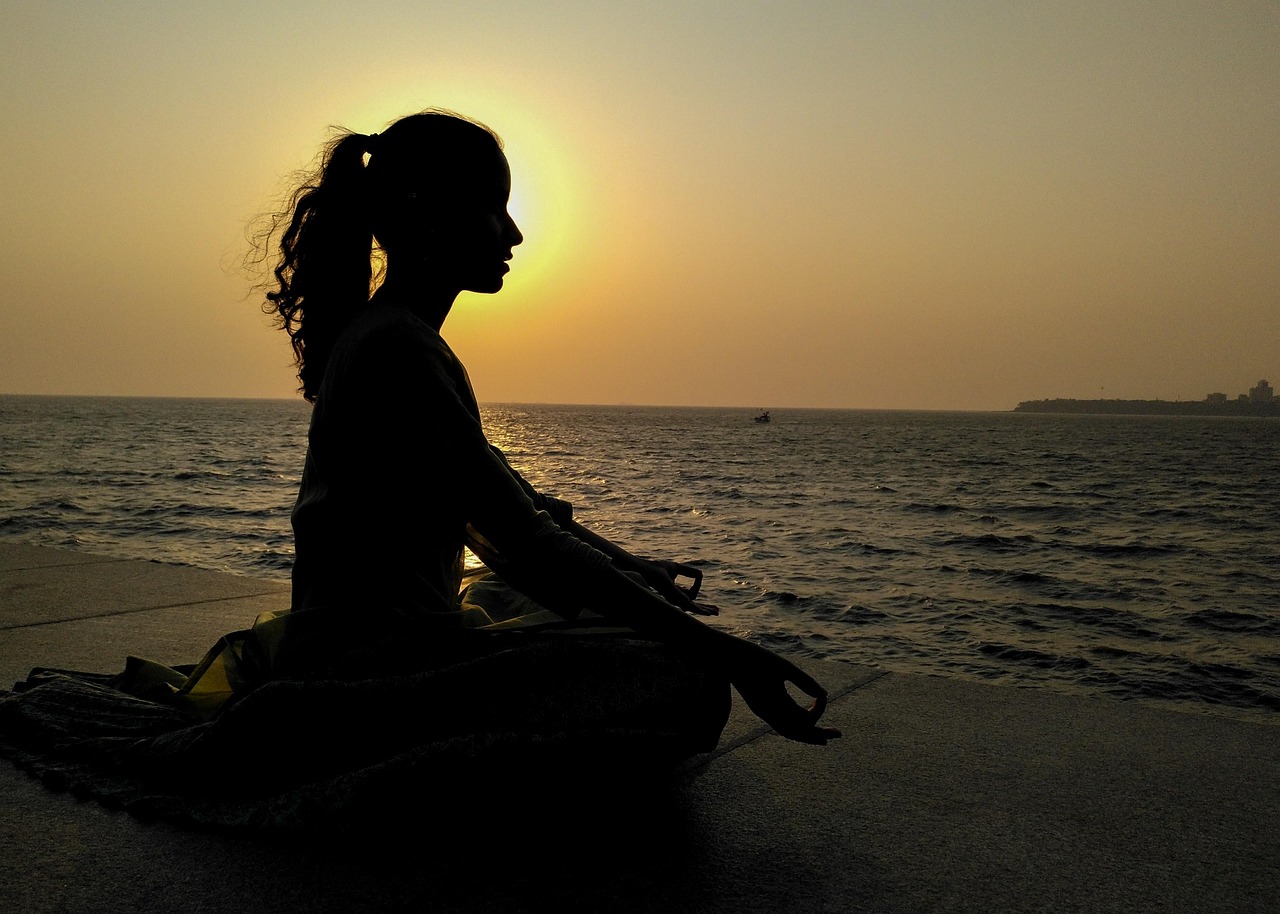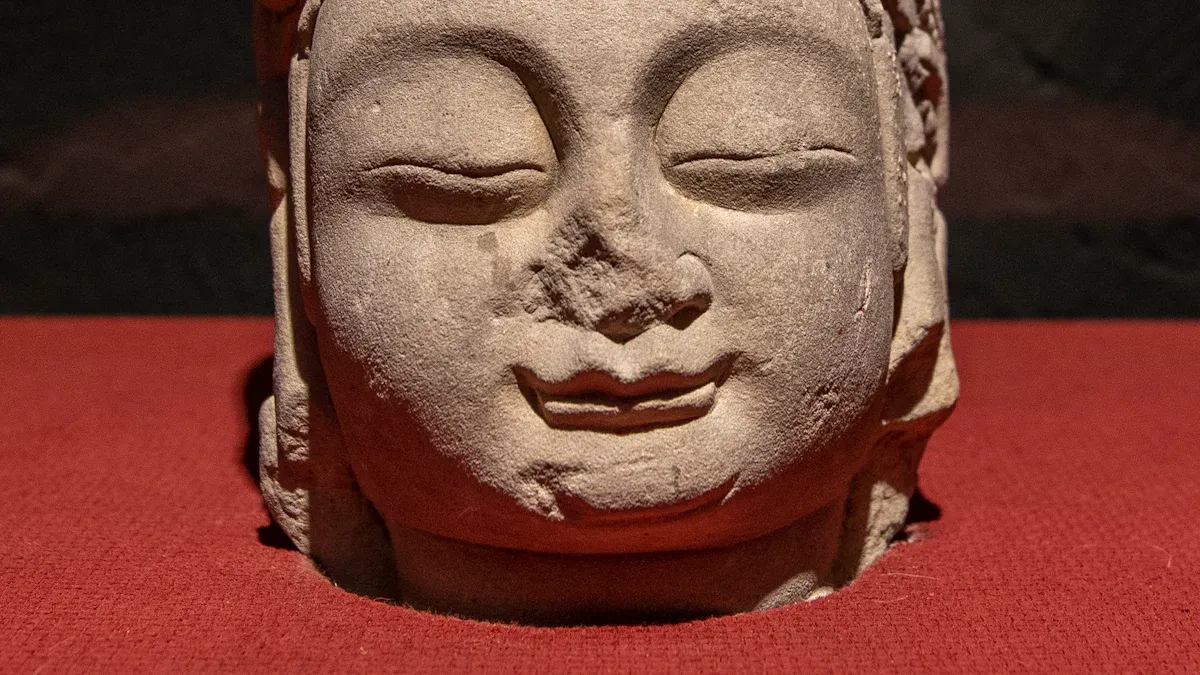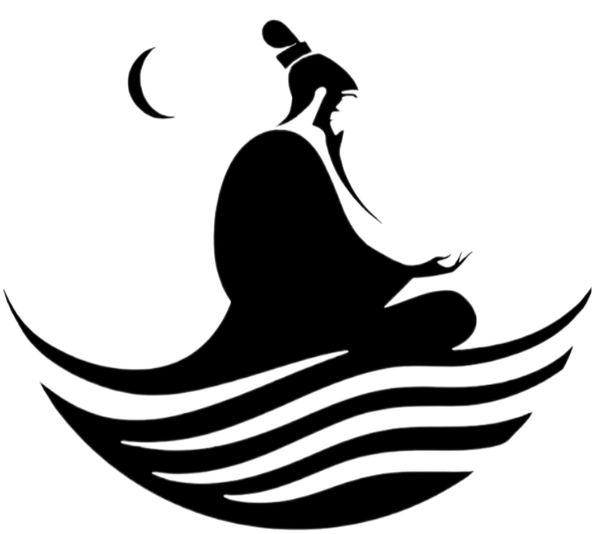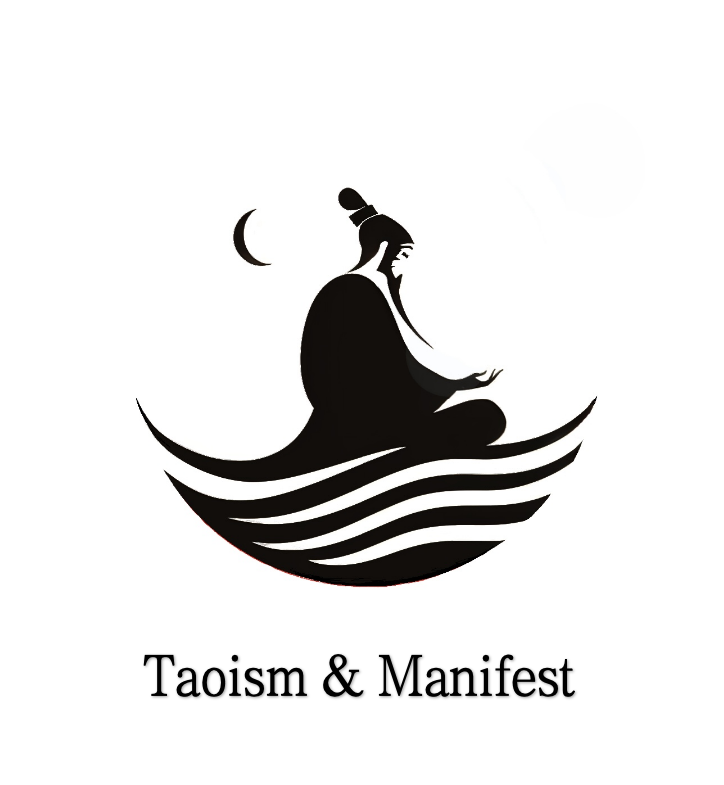
Understanding the Vital Role of Qi in Taoist Life

Qi is very important in Taoism and Eastern culture. Many people think qi helps keep the body, mind, and world in balance. People do qigong to balance qi and grow spiritually. Qigong also helps people stay healthy and feel calm each day. Qi helps actions and thoughts work together and leads people to spiritual enlightenment. In Taoism, qi links everyone to the world and helps people start spiritual journeys.
Key Takeaways
Qi is the life energy in all living things. It connects the body, mind, and spirit.
When Qi moves well, people feel healthy and calm. They also feel balanced.
If Qi gets blocked, people can feel tired or hurt. Doing qigong, meditation, and mindful living helps Qi move. These practices support your body and feelings. qigong uses gentle moves, breathing, and focus. It helps your energy, lowers stress, and helps you grow inside.
Being kind, showing respect, and caring for nature makes Qi stronger. This brings peace and wisdom to your daily life.
Qi in Taoism
Life Force Concept
Taoist philosophy teaches that Qi is the energy of life that fills the universe. People in Taoism see Qi as the force that makes everything alive and connects all things. Ancient texts like the Tao Te Ching describe Qi as a vital life energy that flows through every living being. This energy does not belong to any one person or thing. Instead, it moves everywhere, linking the body, mind, and spirit. In Taoism, Qi is not a god or spirit. It is a natural force that guides the world and helps people live in harmony with the Tao, or the Way. The role of Qi is central in Taoist thought. It supports health, brings balance, and helps people grow spiritually. Taoist philosophy also connects Qi to the ideas of yin and yang. These two forces work together to keep life in balance. When Qi flows well, people feel healthy and calm. When it gets blocked, problems can appear in the body or mind. (Discover more about Taoist views on universal energy in What Taoism Teaches About Going With the Flow)
Connection to Nature
Taoism sees humans as part of nature, not separate from it. Qi flows in the wind, water, trees, and even in the changing seasons. This life energy moves in cycles, just like the sun rises and sets each day. Taoist philosophy teaches that people should watch nature and learn from its patterns. When people follow the natural flow of Qi, they feel more peaceful and strong. Classical Taoist literature explains that Qi moves in two ways: yin, which goes down, and yang, which goes up. These movements keep the world in balance. People can feel this energy in their breath and in the quiet moments of daily life. Taoism encourages everyone to respect nature and care for their own Qi. By doing this, people can live longer, stay healthy, and find joy in simple things. The energy of life connects all living things, showing that everyone shares a bond with the world around them. (Explore how Taoism promotes living in harmony with natural cycles in Taoism and the Art of Letting Go in Relationships.)
Essence of Qi

Philosophical Roots
Taoist philosophy places the essence of Qi at the heart of its teachings. Ancient thinkers saw qi as the bridge between the visible world and the invisible forces that shape life. The School of Naturalists, early Taoism, and later movements all explored how Qi connects everything. These schools described Qi as the foundation of the universe, linking the cycles of nature, the body, and the mind. In taoism, Qi is not just an idea but a living presence that moves through all things. Taoist thought teaches that Qi flows in harmony with the Tao, the natural order of the world. When people live with virtue, they align themselves with this flow. Virtue in Taoist philosophy means acting with kindness, honesty, and respect for nature. This way of living helps Qi move freely, bringing balance and health.
Taoist thought also explains that the essence of Qi is not fixed. It changes and transforms, just like the seasons. The ancient texts use simple images, such as steam rising from rice, to show how Qi can be both seen and unseen. This image reminds people that Qi is everywhere, even if it cannot always be touched. Taoist philosophy encourages everyone to notice the small changes in life and to value the quiet power of Qi. By understanding the essence of Qi, people can find a deeper sense of virtue and harmony in daily life. (Learn about the foundational concepts of Qi in Taoism in Understanding Wu-Wei Through Butcher Ding)
Material and Energetic Aspects
The essence of Qi has two sides: material and energetic. Taoist thought describes this dual nature using the Three Treasures: Jing (essence), Qi (energy), and Shen (spirit). Imagine a candle. The wax is the material part, like jing. The flame is the energy, which is Qi. The light around the flame is shen, or spirit. This simple picture helps people see how Qi connects the body and the mind.
Qi acts as both a physical force and an energy that moves through the body. In Chinese medicine, Qi transforms food and air into strength, warmth, and movement. It carries nutrients, protects the body, and keeps everything in place. When Qi flows well, the body feels strong and healthy. If Qi gets blocked, problems can appear. Taoist philosophy teaches that Qi is not a thing you can hold. Instead, it is a process, like the steam from cooking rice. This steam shows how Qi can be both material and energetic at the same time.
Eastern medical traditions describe Qi as the life force that powers every action, thought, and feeling. Qi moves through channels in the body, much like water flows in a river. When people practice virtue, such as patience and kindness, they help Qi flow smoothly. This brings peace to the mind and strength to the body. Taoist thought says that everyone can sense Qi, especially when they breathe deeply or sit quietly. By caring for the essence of Qi, people can enjoy better health, more energy, and a greater sense of virtue in their lives. (For a deeper understanding of these concepts, see Navigating Through Taoist Work Through Taoism)
Cultivation of Qi
Flow and Blockage
Qi moves inside the body like water in a stream. When Qi moves well, people feel strong and calm. If Qi gets stuck, people can feel tired or sad. Taoist tradition says moving Qi helps people stay healthy and grow inside. When Qi does not move, people might feel pain or low energy. Traditional Chinese Medicine says sitting too long or feeling stress can slow down Qi and make people sick.
Qigong is an old practice that helps Qi move better. People who do qigong often feel more relaxed and focused. Qigong can help with back pain and heart problems. It can also help with mood. Qigong uses slow moves, breathing, and focus to help Qi flow. When Qi moves well, the body feels balanced and the mind feels clear. Taoist people think this flow brings peace and helps people feel spiritual.
The mind is important for Qi to move well. Taoist meditation, like sitting still or watching the breath, helps clear mental blocks. These practices help people feel calm and alert at the same time. Thoughts slow down and the body feels light. Many people feel peaceful and happy during these times. This helps both the body and the mind. Growing Qi with care brings peace and goodness to life.
Tip: Notice how your body feels after sitting a long time. Try a short walk or deep breaths to help Qi move and feel balanced. (To enhance your practice with tips from Calmness Through Taoist Sketching Techniques.)
Daily Practices
People grow Qi by doing simple things each day. Taoist tradition gives many ways to help Qi. Some ways are qigong, meditation, breathing, and living with nature. Each way helps people build goodness and feel calm inside.
Qigong: This gentle exercise uses slow moves and deep breaths. It helps guide Qi through the body. Doing qigong every day helps people feel more energy and peace. It also helps the body heal itself.
Meditation: Sitting quietly and watching the breath calms the mind. It helps Qi become stronger. Taoist meditation teaches people to let go of worries and find peace inside. Over time, this makes people stronger inside and helps them act with goodness.
Mindful Living: Taoist books say mindful living is important for Qi. This means paying attention to what you do, eating fresh food, and moving with nature. Simple things like walking outside, drinking tea, or being thankful help Qi move well.
Emotional Regulation: Balancing feelings is important for Qi. Qigong and meditation help people notice their feelings and calm down. This helps people feel peaceful and grow inside.
Virtue in Action: Taoism values kindness, honesty, and being humble. Doing good things each day makes Qi stronger and brings peace. Helping others, showing respect, and living simply all help Qi grow.
Breathwork is a strong way to help Qi. Studies show slow, deep breaths can lower stress and help people feel better. These changes help Qi move and bring peace inside. Meditation and breathwork together help people feel balanced and connect with their spirit.
Taoist books say mindful living is the key to peace and goodness. By staying aware, people make their Qi better and live with nature. This brings health, wisdom, and a deep feeling of harmony.
Note: Try a few minutes of qigong or meditation each morning. Small steps can make a big difference in how you feel and live.
Qigong and Health

Practice Benefits
Qigong stands as one of the most important Taoist practices for cultivating and balancing Qi. Its roots go back thousands of years. Ancient Taoist masters developed qigong by combining gentle movements, breathing, and mental focus. Early forms, like daoyin, appear in old Chinese texts and even on silk scrolls found in ancient tombs. These early exercises aimed to guide and stretch the body, helping people stay healthy and live longer.
Today, people practice qigong to support their health in many ways. Qigong uses slow movements and deep breathing to help Qi flow smoothly through the body. When Qi moves well, the body feels strong and relaxed. Modern studies show that qigong can lower blood pressure, reduce pain, and improve sleep. Many people notice better balance and more energy after regular practice. Qigong is gentle, so people of all ages can join in. It helps the body heal itself and keeps the mind clear.
Qigong also works as a meditative movement. It brings together the body, breath, and mind. This combination helps people feel calm and focused. Some research shows that qigong can help people with chronic pain, heart problems, and even cancer. The practice supports the immune system and helps people recover from illness. Qigong is safe and easy to learn, making it a popular choice for those who want to improve their health.
Emotional and Spiritual Balance
Qigong does more than help the body. It also brings emotional and spiritual balance. When people practice qigong, they learn to relax and let go of stress. The slow movements and deep breaths calm the mind. This helps people feel less anxious and more peaceful.
Qigong teaches people to focus their thoughts and breathe with purpose. This focus helps clear away worries and brings a sense of joy. Many Taoist teachers say that qigong connects people to nature and the world around them. This connection supports spiritual growth. Qigong encourages people to find harmony inside themselves and with others.
In Taoist communities, qigong is seen as a path to spiritual discovery. The practice helps people understand their own energy and find a deeper sense of meaning. By bringing together movement, breath, and mind, qigong creates a space for spiritual reflection. People who practice regularly often feel more balanced and connected to life.
Tip: Try a few minutes of qigong each day. Notice how your body, mind, and spirit feel after practicing. Even small steps can bring big changes.
Qi is a big part of Taoist life. It helps people find balance, goodness, and wisdom. Taoist teachers say qigong, breathwork, and meditation help keep Qi balanced. This brings good health, clear thinking, and spiritual growth. Many people say qigong helps turn pain into comfort. It also helps people become better and feel more peaceful each day.
Qigong uses movement, breathing, and goodness to help people feel calm and wise.
Doing qigong with the seasons and thinking about goodness helps people stay balanced and grow inside.
Practicing qigong often brings goodness, balance, and a happy feeling of wisdom.
Doing qigong and being good every day helps people find peace, learn about themselves, and live a wise and happy life.
FAQ
What is Qi in simple terms?
Qi means life energy. It flows through every living thing. People in Taoism believe Qi keeps the body, mind, and spirit healthy. Qi moves like air or water inside and around us.
How can someone feel Qi?
Many people notice Qi during deep breathing or gentle movement. Some feel warmth, tingling, or calmness. Qi feels different for everyone. Regular practice helps people sense it more clearly.
Why does Qi sometimes get blocked?
Qi can get blocked by stress, poor posture, or unhealthy habits. When Qi does not move well, people may feel tired or upset. Taoist practices help keep Qi flowing smoothly.
Can children practice Qigong?
Yes! Children can learn simple Qigong movements and breathing. These exercises help them relax and focus. Qigong is gentle and safe for all ages.
Does Qi only belong to Taoism?
Qi is important in Taoism, but other Eastern traditions also talk about life energy. People in Chinese medicine, martial arts, and even some yoga styles use similar ideas about energy flow.
See Also
What Taoism Teaches About Going With the Flow
Taoism and the Art of Letting Go in Relationships





